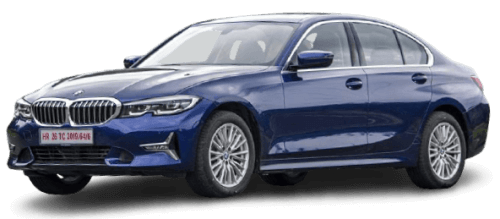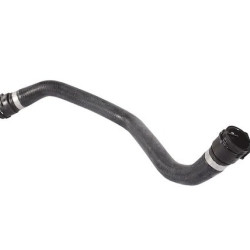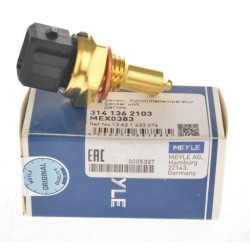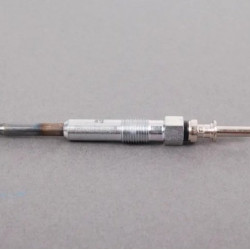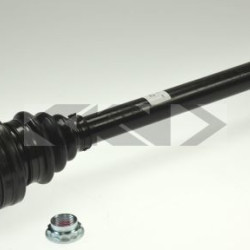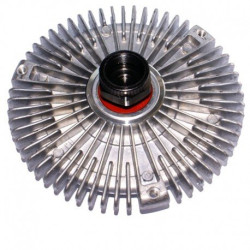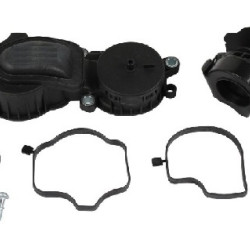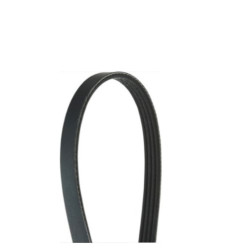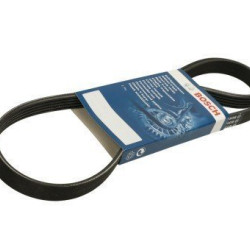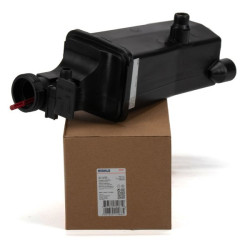Bmw 320d Spare Parts
Bmw 320d Series Spare Parts and maintenance products can be selected to access detailed technical data and the 3 Series spare parts you are looking for.
BMW 320d Model and Features: Historical Development from the First Model to Present and Body Codes
The BMW 320d is one of the most popular models in BMW's 3 Series family and is considered an ideal choice for those seeking fuel efficiency, performance, and driving pleasure. This model reflects BMW's innovations in diesel engine technology and engineering prowess. The BMW 320d has become a more powerful and efficient vehicle with each generation, receiving numerous updates and improvements over the years. In this article, we will examine the historical development of the BMW 320d model, its engine structure, and the body codes it has been known by in different years in detail.
Historical Development of the BMW 320d
The BMW 320d was first launched in 1998. This model was designed to fill the gap among BMW's diesel engine 3 Series models. The 320d stood out with its high performance while maintaining low fuel consumption and emission values. With this model, BMW proved that diesel vehicles are not only economical but also offer driving pleasure.
First Generation (E46) - 1998-2005
- Introduction: The BMW 320d was introduced for the first time in 1998 with the E46 body code. This model was one of the first major steps reflecting BMW's advancements in diesel engine technology. While diesel engines of the time were generally known for low performance, the BMW 320d changed this perception.
- Engine: The first generation BMW 320d was equipped with a 2.0-liter four-cylinder turbo diesel engine. This engine produced 136 horsepower and 280 Nm of torque. Equipped with a common rail injection system, this engine ranked among the best in its class in terms of both performance and fuel efficiency.
- Design: The E46 320d had a look that reflected BMW's classic and elegant design language. The long hood, short rear section, and distinctive kidney grille were its distinguishing features. Inside, high-quality materials and an ergonomic layout were prominent.
- Features: In this generation, features such as ABS, DSC (Dynamic Stability Control), air conditioning, electric windows, and multi-point fuel injection were offered as standard. The BMW 320d quickly became popular with its performance combined with fuel efficiency.
Second Generation (E90/E91/E92/E93) - 2005-2012
- Development: The second generation BMW 320d, introduced in 2005, was launched with the E90/E91/E92/E93 body codes. This generation featured a more modern and dynamic design and offered significant improvements in engine technology.
- Engine: The second generation BMW 320d was equipped with a 2.0-liter four-cylinder turbo diesel engine designed to produce 163 horsepower and 340 Nm of torque. The new generation engine stood out with lower emission values and higher fuel efficiency.
- Design: The E90 series had sharp lines and a sporty stance that reflected BMW's modern design language. This model was offered in different body types such as sedan, station wagon, coupe, and convertible. Inside, more advanced technology and quality materials were used.
- Features: In this generation, features such as the iDrive infotainment system, dual-zone climate control, adaptive headlights, and advanced safety systems were offered as standard. EfficientDynamics technology helped optimize fuel consumption.
Third Generation (F30/F31) - 2012-2019
- Development: The third generation BMW 320d, introduced in 2012, was launched with the F30/F31 body codes. This generation is equipped with BMW's new generation engine technology and advanced driving dynamics.
- Engine: The third generation BMW 320d was equipped with a 2.0-liter four-cylinder turbo diesel engine designed to produce 184 horsepower and 380 Nm of torque. This engine stood out with low fuel consumption and high performance.
- Design: The F30 series had a modern and sophisticated design. With its aerodynamic structure, wide kidney grille, and sharp lines, this model highlighted BMW's sporty character. Inside, there was a large screen infotainment system, high-quality materials, and a driver-focused layout.
- Features: In this generation, features such as adaptive LED headlights, advanced driver assistance systems, head-up display, and a large screen infotainment system were offered as standard. Additionally, BMW's new generation chassis technology enhanced driving dynamics and comfort.
Fourth Generation (G20) - 2019-Present
- Development: The fourth generation BMW 320d, introduced in 2019, was launched with the G20 body code. This generation is equipped with BMW's latest technologies and driving dynamics, setting new standards in its class.
- Engine: The fourth generation BMW 320d is equipped with a 2.0-liter turbo diesel engine producing 190 horsepower and 400 Nm of torque. This engine has been optimized to offer higher performance and lower fuel consumption.
- Design: The G20 series has a look that reflects BMW's latest design language. Sharp lines, a wide kidney grille, and sporty details make this model visually appealing and aerodynamically effective. Inside, a digital instrument panel, a large infotainment screen, and top-quality materials have been used.
- Features: The G20 series is equipped with the latest technological features such as advanced driver assistance systems, laser headlights, wireless charging, and adaptive suspension. This generation is designed to enhance driving pleasure while optimizing fuel efficiency.
The Legacy of the BMW 320d
The BMW 320d holds an important place in automotive history as a model that pushes the boundaries of diesel engine technology, combining high performance with fuel efficiency. Continuously updated and developed over the years, this model showcases BMW's competence in engineering and design. The BMW 320d has become increasingly sophisticated with each generation, continuing to be an ideal choice for both urban and long-distance travel.
Conclusion
The BMW 320d was first introduced in 1998 and has undergone significant evolution in diesel engine technology since then. This model, which has become stronger, more efficient, and more sophisticated with each generation, reflects BMW's commitment to driving pleasure and performance. Today, the BMW 320d continues to be an indispensable choice for drivers seeking both performance and fuel efficiency.
 Türkçe
Türkçe
 English
English
 Русский
Русский

